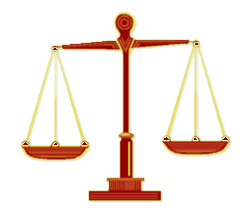Immovable property

Immovable property is property that cannot be moved from one place to another.[1] It is generally connected to the ground or land on which it sits.[2] The term immovable property also includes the land.
In real estate law, immovable property has certain rights of ownership that go with title (full or partial) to that property.[2] These may include rights to buildings, rights to collect rent, inherited rights, right of ways, ferries or fisheries.[3] It generally does not include such things as grass, crops, or standing timber.[3]
In much of the world's civil law systems is the same as "real property"; it is land or any permanent feature or structure above or below the surface. In some countries, China for example, private ownership of land is not allowed.[4] Individuals in China may obtain land rights for a fixed number of years for a fee.[4] These rights may be transfered by legal means including gift or sale. They may also own houses, buildings or apartments, but not the land they sit on.[4] In the United States immovable property is also known as real estate. In the United Kingdom it is also known as property.
References
[change | change source]- ↑ "immovables". The Free Dictionary/Farlex. Retrieved 8 December 2015.
- ↑ 2.0 2.1 Tom Streissguth. "What Is the Meaning of "Immovable Property"?". SFGate. Retrieved 8 December 2015.
- ↑ 3.0 3.1 "The difference between Movable and Immovable Property with reference to Case Law". LawTeacher. Archived from the original on 28 January 2016. Retrieved 8 December 2015.
- ↑ 4.0 4.1 4.2 "China: Real Property Law". Library of Congress. Retrieved 8 December 2015.